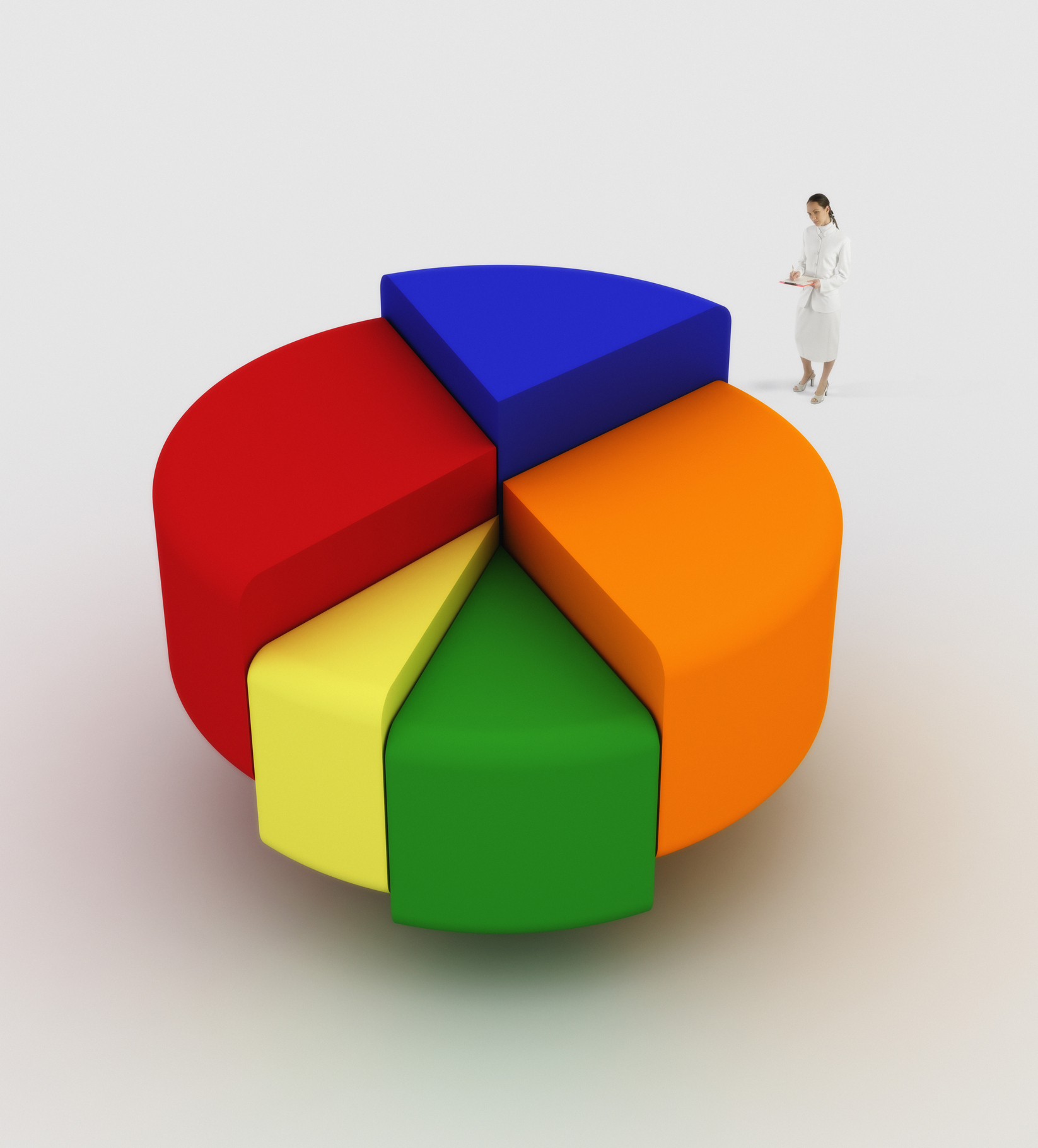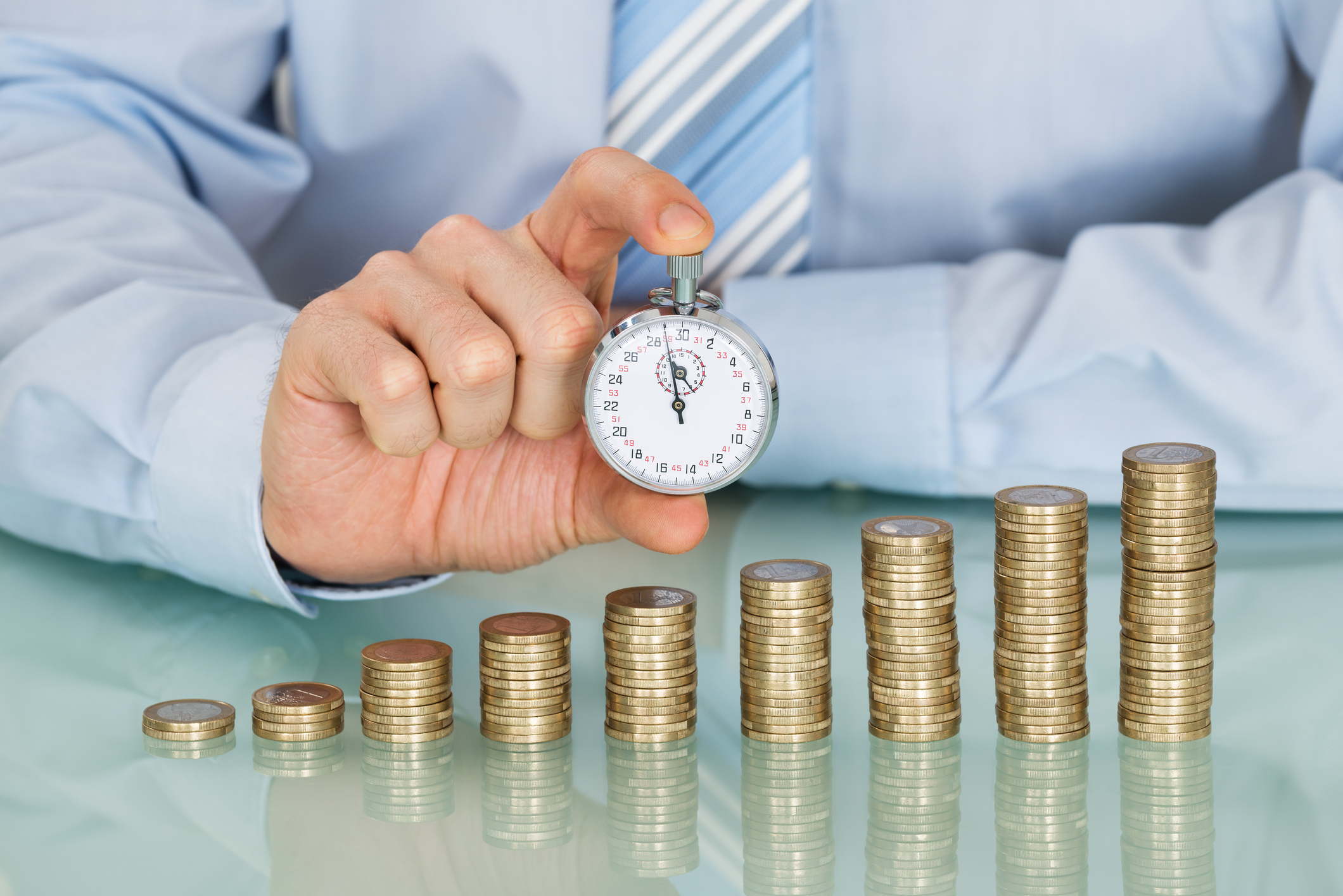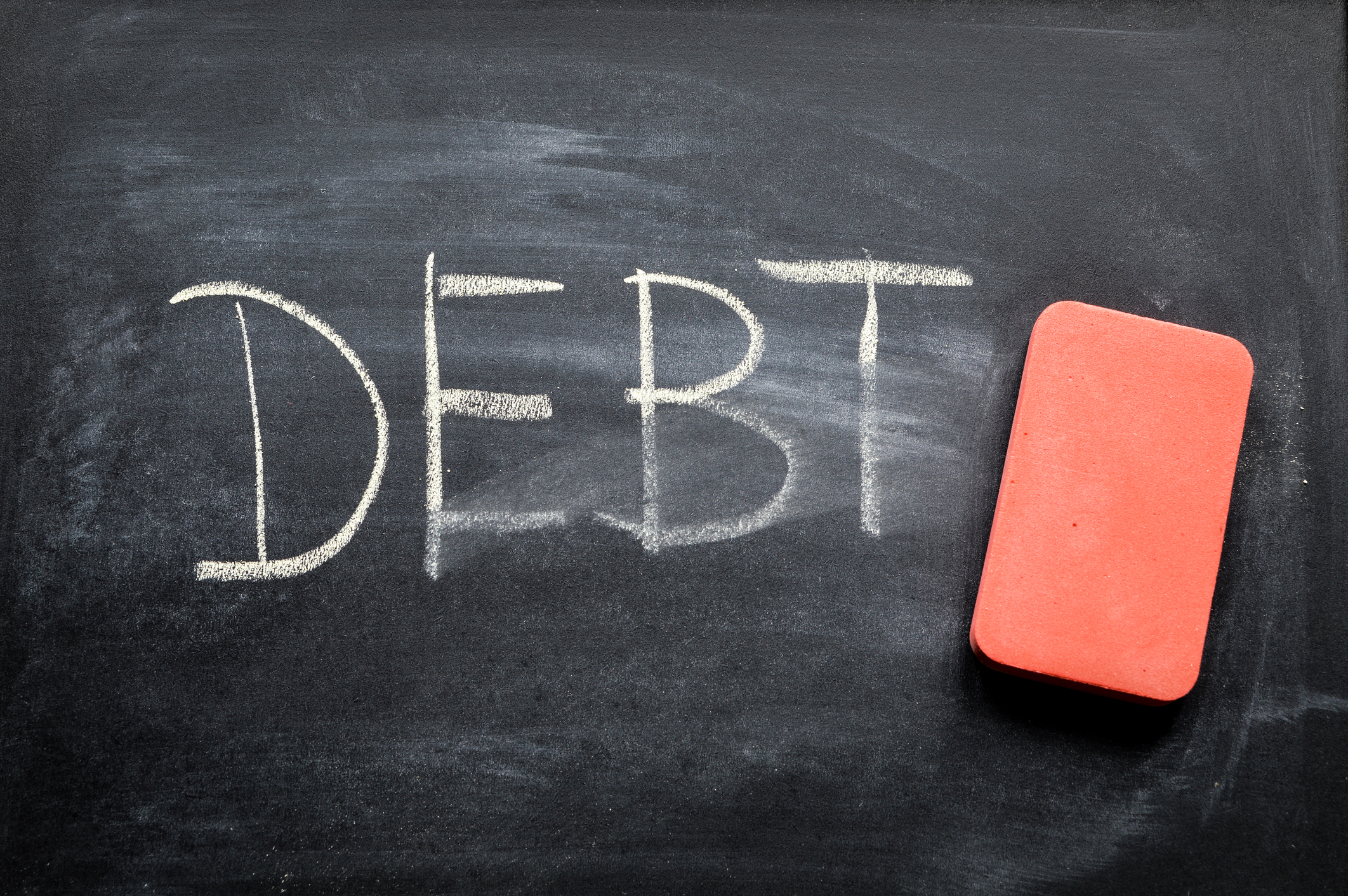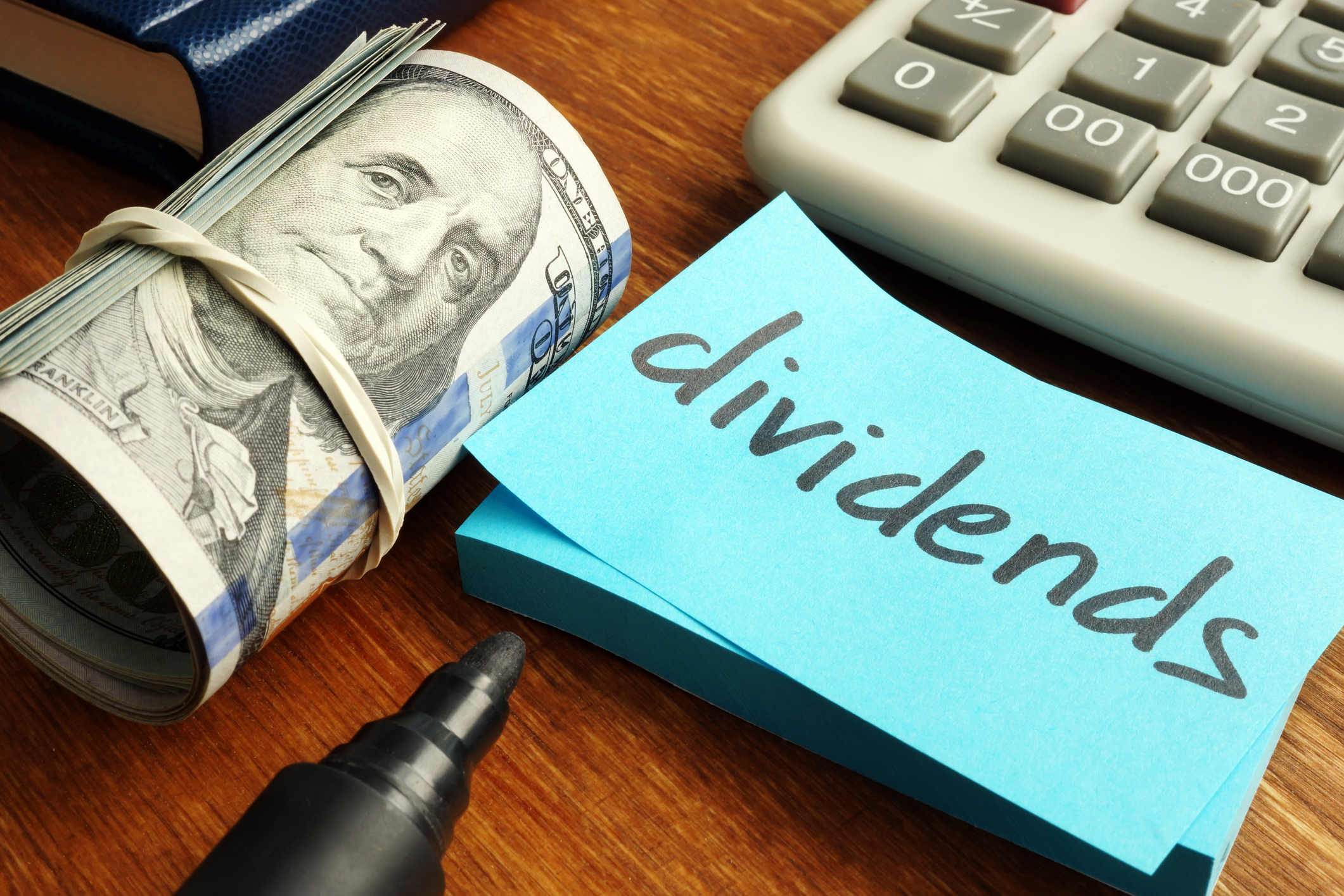Living in a consumer-driven economy means that your income matters a lot more than you might imagine, and that there are lots of ways to describe that income. One type of income, disposable income, is really the powerhouse for the whole system.

What is disposable income?
Disposable income is, loosely speaking, the portion of your income that you can do whatever you want with. It's not limited to fun money, but it certainly includes it. When most people talk about disposable income, they mean whatever is left after taxes and mandatory contributions that you cannot opt out of, such as to Social Security and Medicare, are taken from your paycheck.
Other pre-tax contributions, like 401k deductions or insurance premiums, are not considered mandatory payments, so they are included as part of your disposable income. After all, you could elect to stop contributing to your retirement account or cancel your insurance.
Economists closely track disposable income and use it, along with other data, to gauge the health of the economy and its future prospects.
Disposable income versus discretionary income
Disposable income is different from discretionary income, which is what's left after the necessary things like groceries, rent, and other essential cost-of-living items are taken out of your income. Although you absolutely cannot live without them, discretionary items are not considered mandatory for the purposes of determining disposable income.
This distinction rarely comes into play unless you're affected by a wage garnishment, when the government or other garnishing party will determine how much they can take based on your disposable income -- not your discretionary income -- even if you have many very high living expenses.
How does disposable income affect the economy?
Economists track disposable income because it is the fuel that makes the economic wheels go round. More disposable income means more spending and more saving by consumers, which then helps businesses grow and the economy to expand.
Less disposable income may lead to a contraction, especially if it's a long-term problem. Businesses in the same country as the lack of disposable income may experience a more difficult environment and struggle to thrive. Knowing how much disposable income is in the hands of the population can help inform government economic policies.
Related investing topics
Why does disposable income matter to investors?
Disposable income matters a lot to investors, especially those that invest in stocks or index funds. Since every stock is a business, with products or services to sell to customers, the amount of disposable income that's circulating in the economy directly affects those companies' potential profits and their chances of success.
For an investor, disposable income gauges can also help pinpoint red flags. When there's a lot of disposable income floating around and a company performs poorly, it may be time to look at the company itself. Of course, other impediments to success exist, but a free-flowing economy makes keeping a business healthy much easier than when people are budgeting and trying to live on less.
Some companies are far more sensitive to a lack of disposable income, of course. These might include industries like hospitality, luxury goods, and even auto makers. Since people can generally survive without going out to eat or on vacation, the little extras in life are cut from the budget first when disposable income is limited. Companies that can still do reasonably well during times of low disposable income would include discount grocery stores, wholesale clubs, and food manufacturers. You still have to eat, even in a tight economy.



















